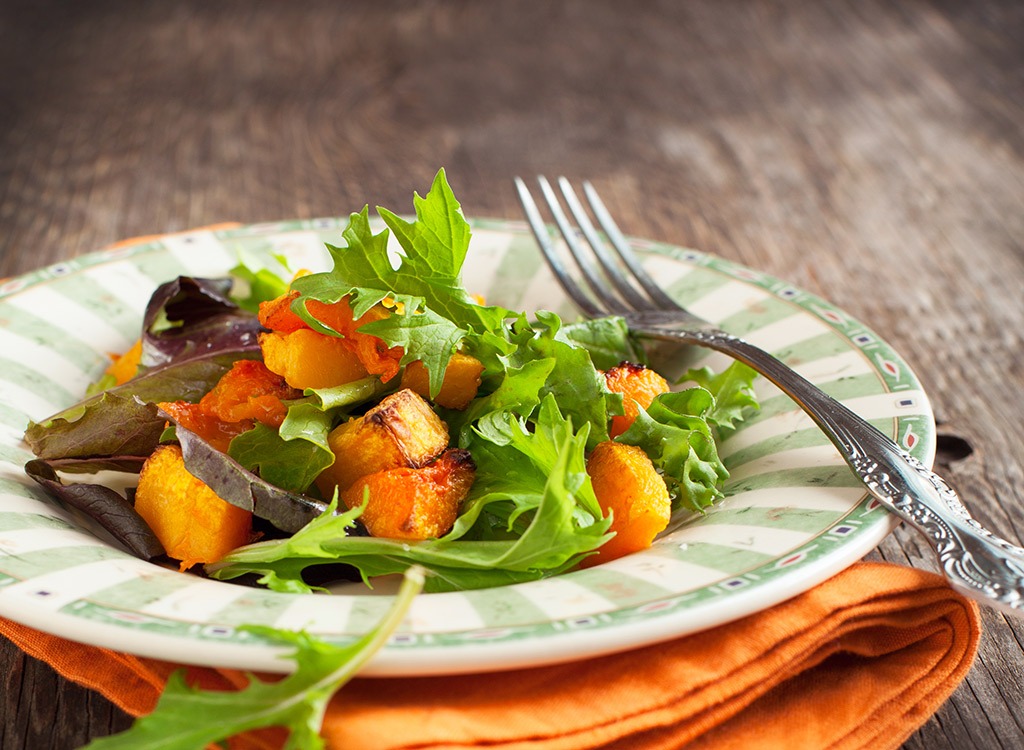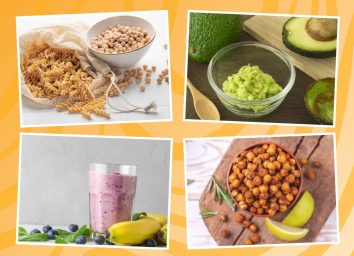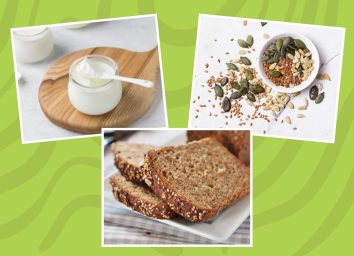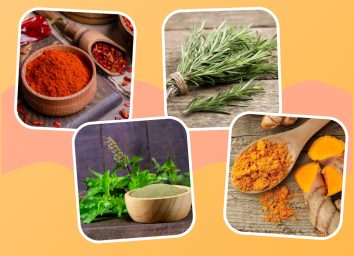Avoid These Vegetables in Your Flat Belly Diet Plan

As you'll read in the new book Zero Belly Diet, written by Eat This, Not That! co-author David Zinczenko, if you limit your intake of these vegetables, a flat, happy belly is yours!
STARCHY.
One important aspect of controlling your weight is to avoid foods that are high on the Glycemic Index (GI), a measure of how quickly blood glucose levels rise in response to a certain food with a measure of one to 100. The lower the score, the better. Unfortunately, America's favorite vegetable–the potato–ranks among the top of the index at 84, along with other starchy favorites like sweet corn, carrots and squash. Enjoy starchy veggies in moderation, and make sure the majority of your vegetable intake comes in the form of low-GI, low-carb varieties like asparagus, cucumber, and leafy greens.
DIRTY.
Whether or not organic produce is nutritionally superior to conventionally-grown is somewhat controversial. A recent study by Stanford University suggests there's very little nutritional benefit to going organic, but there's no denying that the pesticides used on conventional and genetically-manufactured crops have been linked to a slew of belly issues including abdominal pain, nausea and diarrhea. You can lower your pesticide intake, and belly woes, by going organic when it matters most. According to the Environmental Protection Agency, those vegetables include spinach, bell peppers, potatoes, cherry tomatoes, hot peppers, kale/collard greens and summer squash.
FARTY.
Cruciferous vegetables like cauliflower, broccoli, cabbage and brussels sprouts are not only reputed to make you fart more, but they also increase the pungency of your flatulence. To blame? Team farty-pants: raffinose and sulphate. Raffinose is a sugar found in cruciferous veg that goes undigested until it reaches the large intestine where it's fermented by gas-producing bacteria. The smell comes from sulphate, another characteristic compound of cruciferous vegetables that studies have found to be the major malodorous component of human farts. Unfortunately, there's nothing you can do to cut down on the gas caused by eating a bowl of sprouts, other than limiting your intake and combining these veggies with other foods.
SALTY.
What separates a healthy green bean from a not-so healthy one? About three aisles in the grocery store! Canned vegetables are typically loaded with excess salt and "flavor enhancers" like monosodium glutamate (MSG), which, even in small doses, can cause stomach aches and indigestion. Just a half cup of canned cut green beans contains 380-390 mg of sodium–that's more salt than you'll find in a snack-size bag of Doritos! The good news you can find some of the cheapest and most nutritious produce just a few aisles along, in the freezer. In fact, a study by the University of Georgia found that amounts of vitamin A, C and folate in frozen vegetables are sometimes even greater than their fresh counterparts.
FAT-FREE.
A side of steamed veggies, or a salad with fat-free dressing might save you calories, but you'll miss out on some of the powerful fat-soluble disease-fighting compounds in fresh fruits and vegetables. According to a Purdue University, as little as 3 grams of monounsaturated fat can help the body absorb vegetables' carotenoids (those magic molecules that protect you from chronic diseases like cancer and heart disease). Preparing your veggies with a small amount of olive oil, vinaigrette or avocado can help you get the best nutritional bang for your buck. They might sound like fatty additions, but they're actually foods that will help you lose weight.








